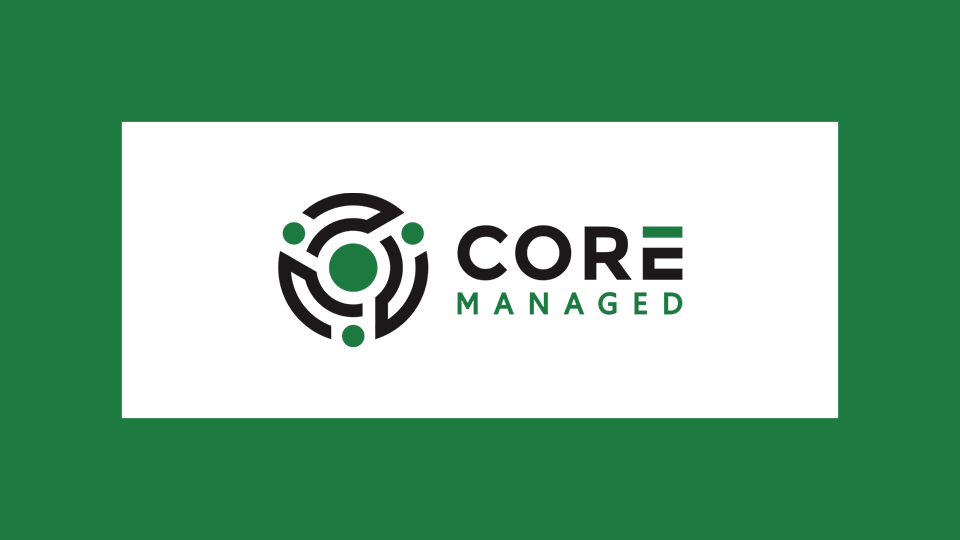Proprietary information makes your business special, whether you’re a tech startup with a smart algorithm or a food manufacturer with a secret sauce. Regardless of industry, business gains competitive advantage from distinct practices or unique data. The last thing you want is someone with ill intent getting their hands on your differentiators. Here’s how to protect your proprietary information.
We all know cybercriminals are trying to gain unauthorized access to your computers. Most attention is on hackers stealing personal data, or malware attacks that render computers useless unless a ransom is paid. Other prime reasons bad actors seek out technology vulnerabilities are for corporate espionage or to make a buck selling your proprietary information to the highest bidder.
Trade secrets, business strategies, or product designs could all be at risk. The very future of your business could be at stake if you don’t control and protect your proprietary data. These strategies can help.
#1 Limit Access on a Need-to-Know Basis
It sounds very cloak and dagger: “you don’t have clearance for that.” Still, limiting access based on roles builds a stronger perimeter around proprietary data.
The front receptionist doesn’t need the same level of access to technology or data as the founder. Keep accountants and product development team members on their own systems, too.
This cuts the risk of inadvertent exposure or insider threat, plus, it contains possible damage. If one person’s access credentials are compromised, a hacker will only get so far.
#2 Educate and Audit
Check your control over proprietary data, and regularly audit what critical information you have and who has access to that data.
Also, vet employees to prevent bad actors from getting inside your security perimeter. Ongoing education can also help, as it will keep best practices top of mind with your employees.
–#3 Limit Personal Device Usage
Many employees have powerful computers they can’t live without, or they may prefer to use their smartphones, laptops, or tablets. If you’re going to allow Bring Your Own Device (BYOD), you need to establish strict guidelines.
The business should:
- ask employees to register any personal devices used for work;
- segregate personal devices from the business network;
- install remote monitoring to allow you to audit device access and ensure best practices;
- require up-to-date software and vulnerability patching;
- create a separate, encrypted drive on those personal devices for work data.
Also, ban the installation of hardware or software on office computers without involving IT. This can avoid someone downloading and installing a program that provides third-party access. The employee or department didn’t mean to cause a security breach, but you want to be safe.
#4 Protect Multifunction Devices, Too
Even with businesses doing more in the cloud, we still use printers, scanners, and copiers. Any of these could have internal storage that stores the data your users send to them. These devices are also attached to your network, and you may never have even changed the default password from the manufacturer.
Shore up security. Give these devices their own network separate from the main system.
#5 Destroy Any Hardware Properly
When you upgrade to new hardware, what do you do with the old technology? In many instances, it will sit unattended in a closet somewhere, or get boxed up and sent to an auctioneer without first clearing the hard drive. Work with a certified data destruction company. They can wipe your technology clean before resale or destroy them effectively.
Plus, keep in mind that paper remains a threat, too. Your employees need to be aware that a messy desk can mean documents go missing or get mixed up, and it is that much easier for a visitor to see and take an important document.
The ways to handle your proprietary information will evolve. Control and protection are key. Our IT experts can help you keep up with the threats and cut your risks. Contact us today at 317-497-5500 about securing your business’s lifeblood information.


